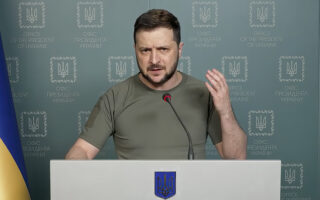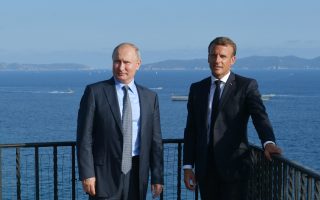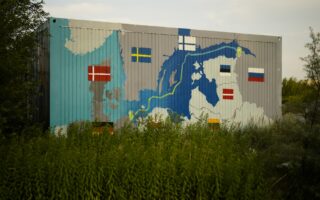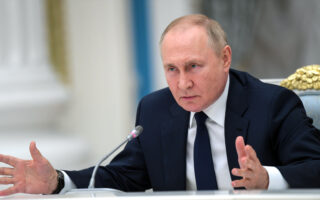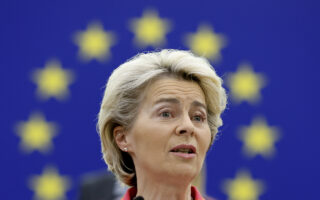The EU’s southern challenges
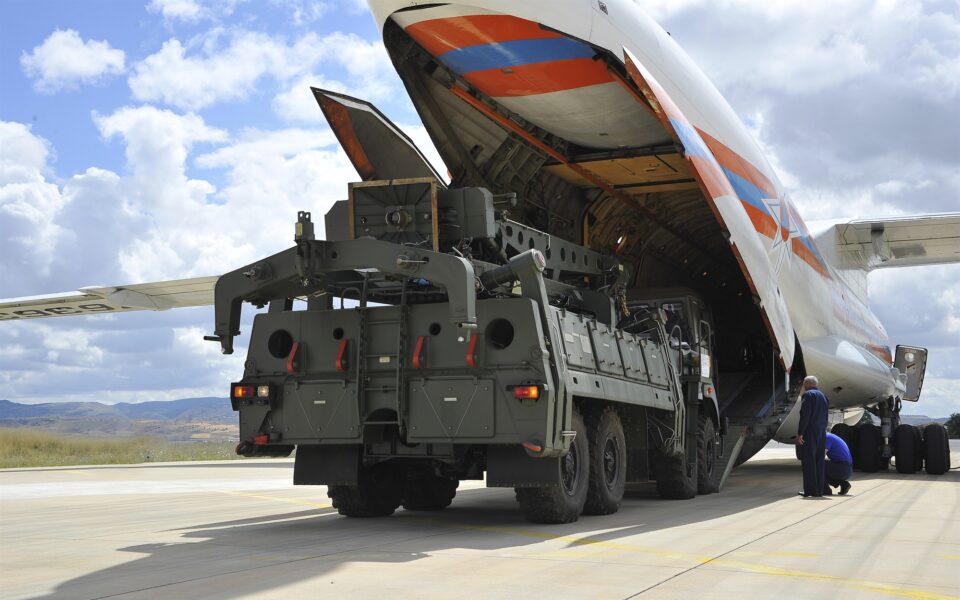
2022 will remain in history as the moment when war returned to Europe after 77 years of peace on the continent post-World War II. This momentous development adds to the multiple challenges Europe already faces on its southern flank, with threats, instability and disruptions.
Russia’s increased footprint in the South and Southeast of Europe is currently the major challenge. From its air and sea bases in Syria, it is able to project paramilitary forces to Libya and Sub-Saharan Africa, while its fighter jets and missiles have several EU countries within range. In addition, by delivering S-400 missile systems to Turkey, it has upset NATO’s ballistic missile architecture and introduced a wedge in the Alliance. Taken together, these actions gave Russia substantial strategic advantages on the EU’s and NATO’s southern flank. The invasion of Ukraine also impedes cereal exports from there, a situation which entails great risks for countries around the Mediterranean and further afield.
Around the Mediterranean and in Sub-Saharan Africa, the decline of rule of law, political instability, disruptive behaviors, armed conflicts, or environmental disasters have increased the challenges facing the EU. These situations can lead to economic difficulties for Europe and new opportunities for the criminal activities of human trafficking networks.
Closer to home, Turkey’s assertive foreign policy has often perplexed EU and NATO leaders: objections to Finland’s and Sweden’s accession to NATO, extended military operations in northern Syria and Libya, objections to existing maritime borders and to the sovereignty of Cyprus and Greece, the maritime agreement with Libya. Meanwhile, the severely degraded rule-of-law architecture constitutes a deterrent for European business.
By now, 2022 has already turned into a watershed moment for the European Union’s foreign policy posture. Together with the adoption of its “Strategic Compass” in March, the EU took a number of unprecedented steps in reaction to the Russian aggression in Ukraine: Among other measures illustrated by the European Council’s conclusions in June, one notes trade and financial sanctions, flight restrictions, restrictions on trading in oil and gas, a nascent gas procurement mechanism, weapons procurement through the European Peace Facility, and decisions on enlargement policy. Simply put, many of these decisions were unthinkable only a few months ago.
By now, 2022 has already turned into a watershed moment for the European Union’s foreign policy posture
At policy level, the striking feature of the EU’s decisions in 2022 has been the new ways in which the bloc has exerted power, through the combination of diplomatic action, trade and financial sanctions, financial support, weapons deliveries, and closer coordination with NATO than ever before. Although this new “toolbox” is currently being used to react to the Russian invasion of Ukraine, it sets a useful precedent in terms of foreign policy formulation and implementation.
Born out of the ashes of World War II, the European Union has, for understandable reasons, long been exclusively driven by the “Never Again” motto and has often followed appeasement policies. It is now “learning to speak the language of power” (the words are from High Representative Josep Borrell) and deepening its relationship with its closest neighbors. In that sense, the upcoming debate on the EU’s relationship with the countries of “Wider Europe” will be a litmus test of its image and influence in its neighborhood. The Mediterranean Basin should not be forgotten.
The EU will find itself increasingly confronted by a “Russian brand of governance,” particularly around the Mediterranean and in Sub-Saharan Africa. In finding its new place in the world at large, the EU will have to learn how to address the globalized generations and to build coalitions in order to push back competing narratives. It will also need to demonstrate, through deeds, and not just “statements,” how its values and principles – rule of law, freedoms, liberal economy, solidarity, good-neighborly relations – constitute the best answer to the world’s current challenges.
Marc Pierini is a visiting scholar at Carnegie Europe and former EU ambassador to Morocco, Syria, Tunisia, Libya and Turkey.
